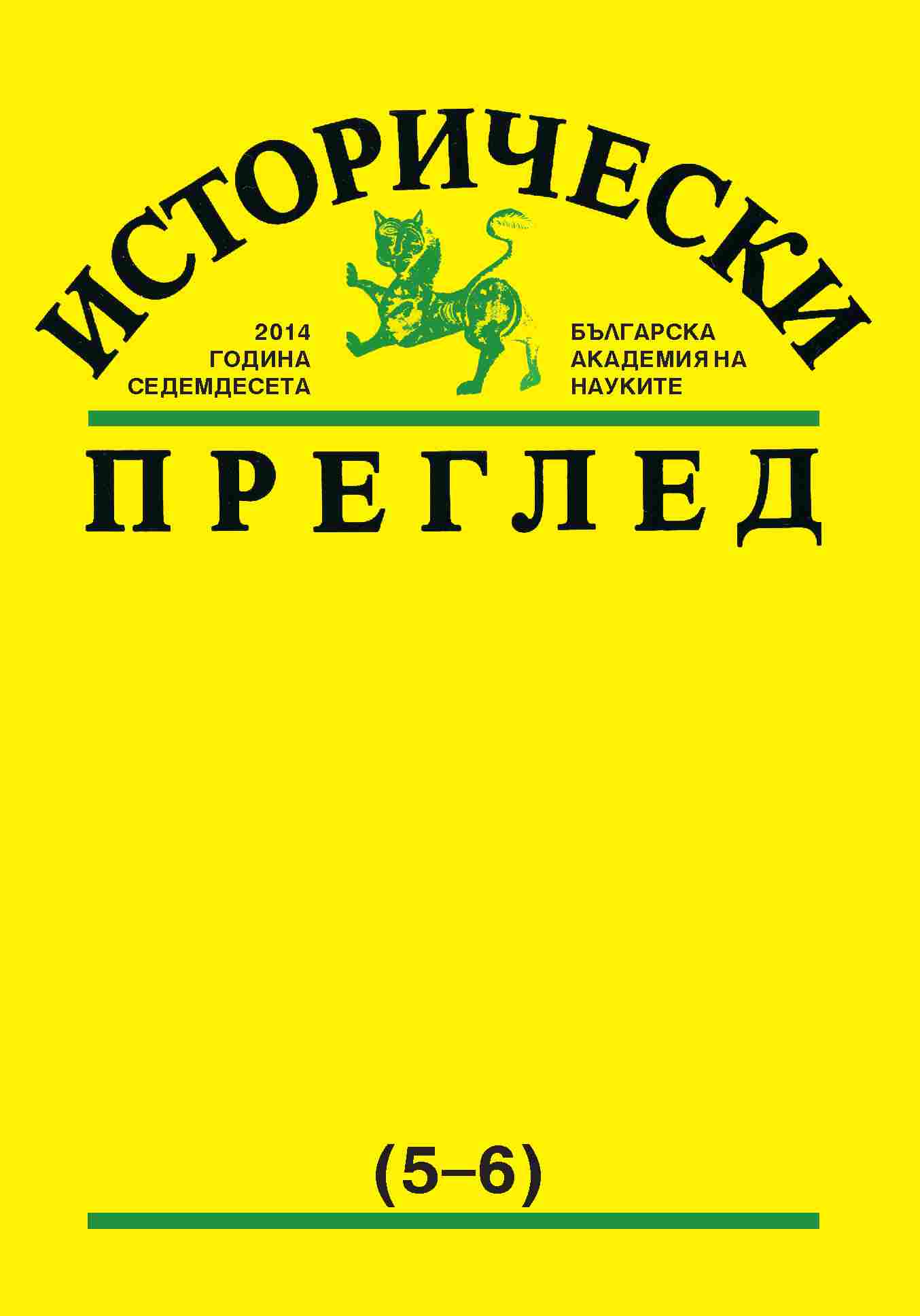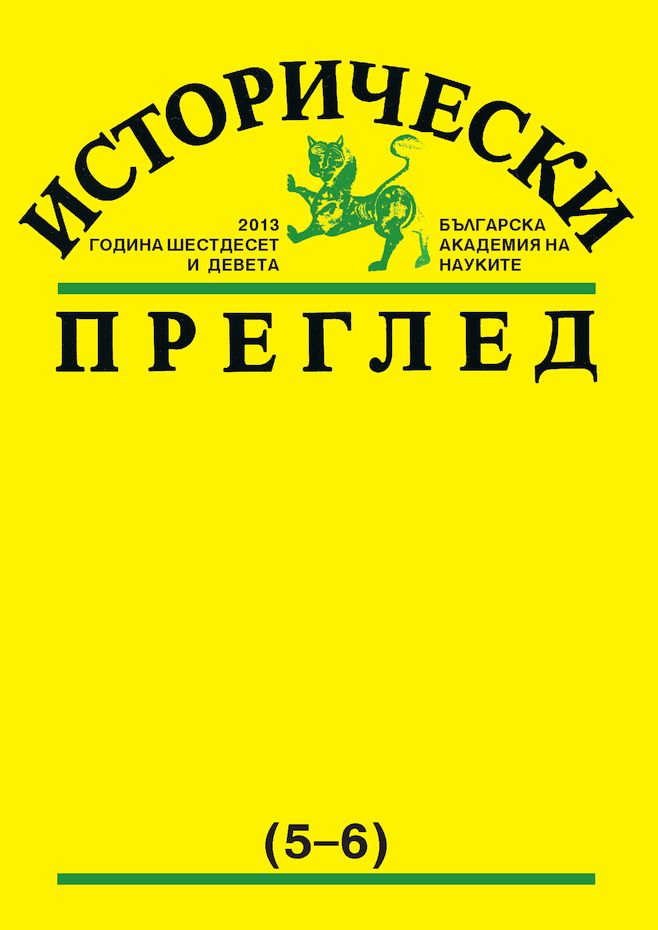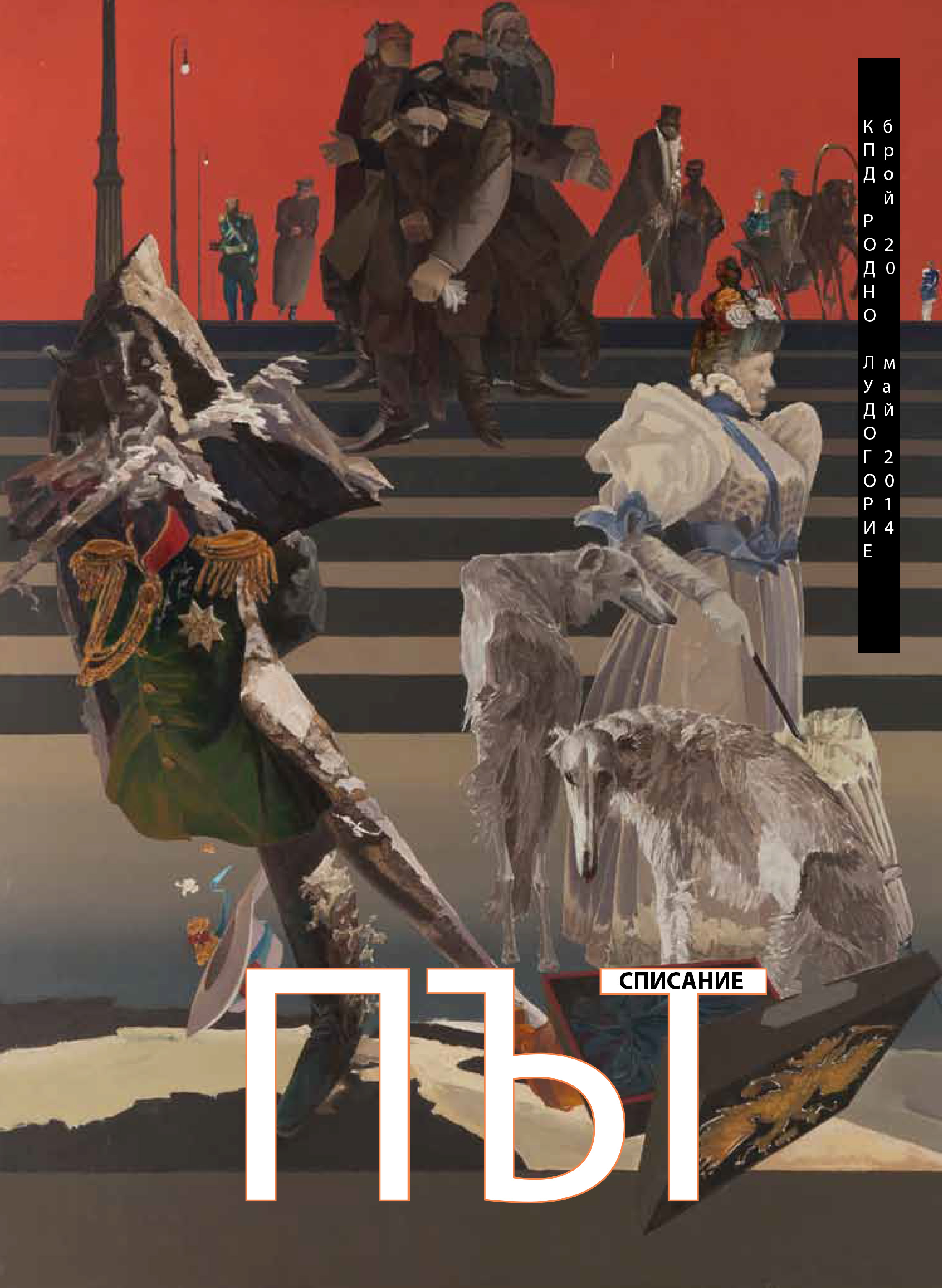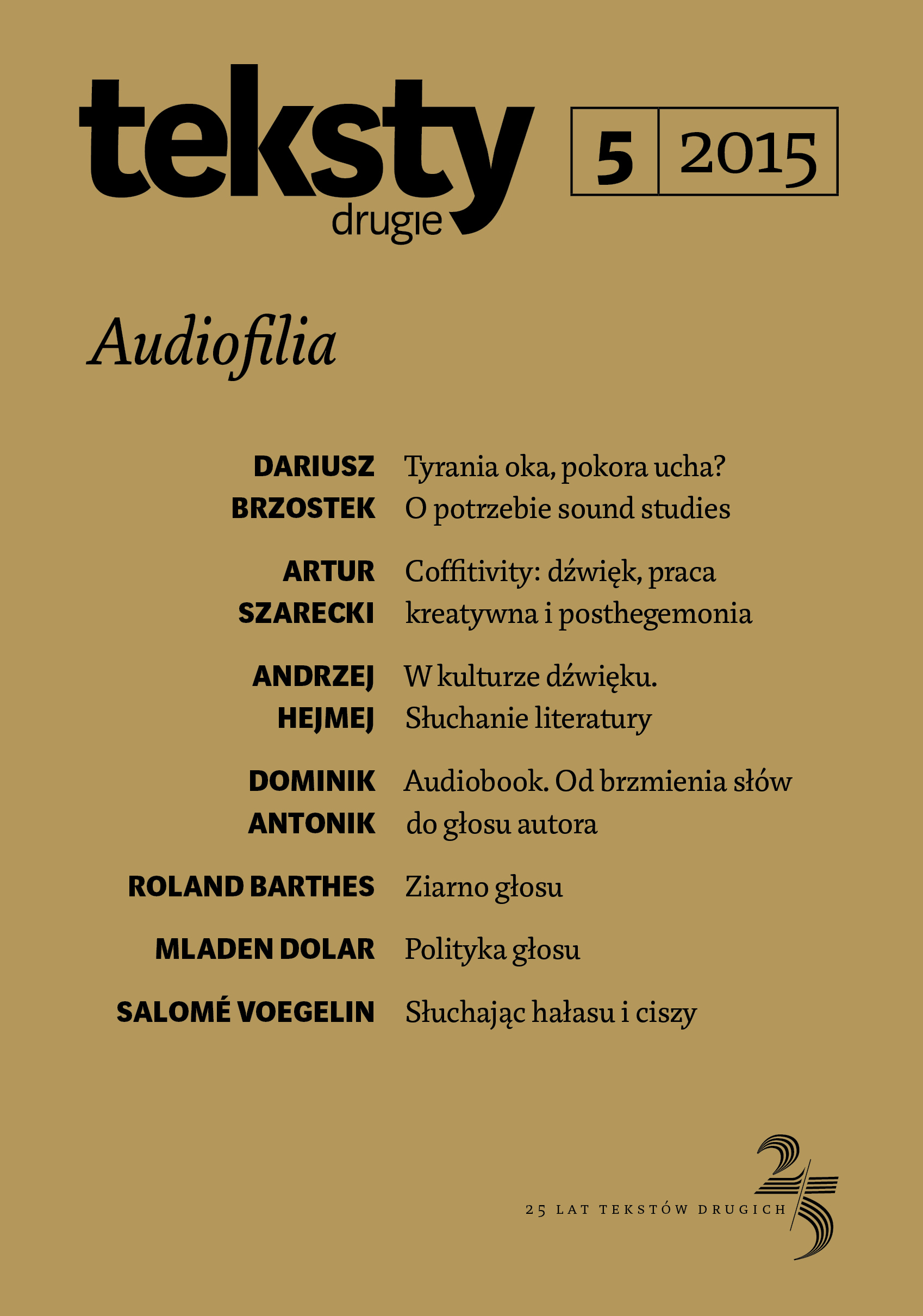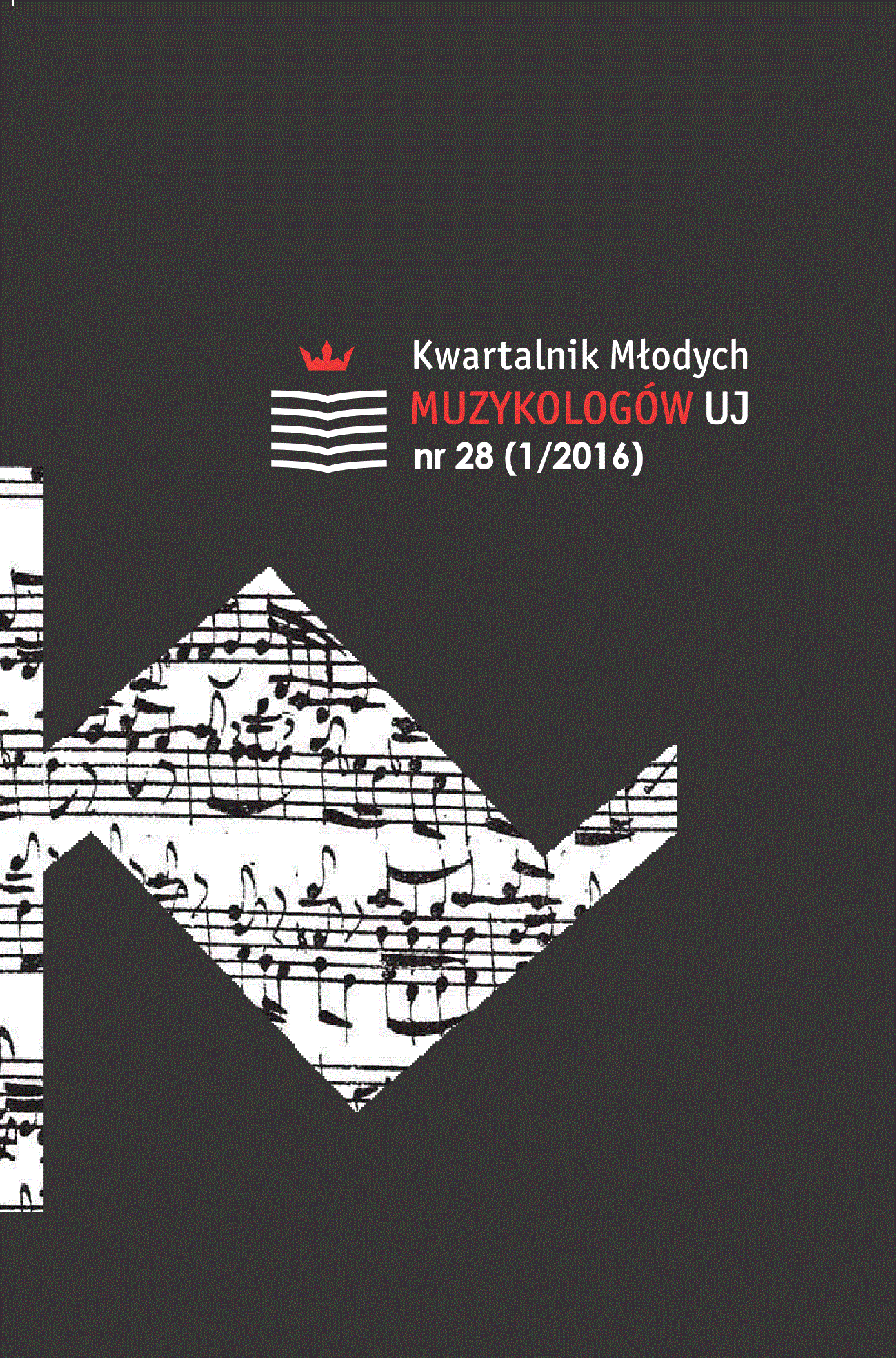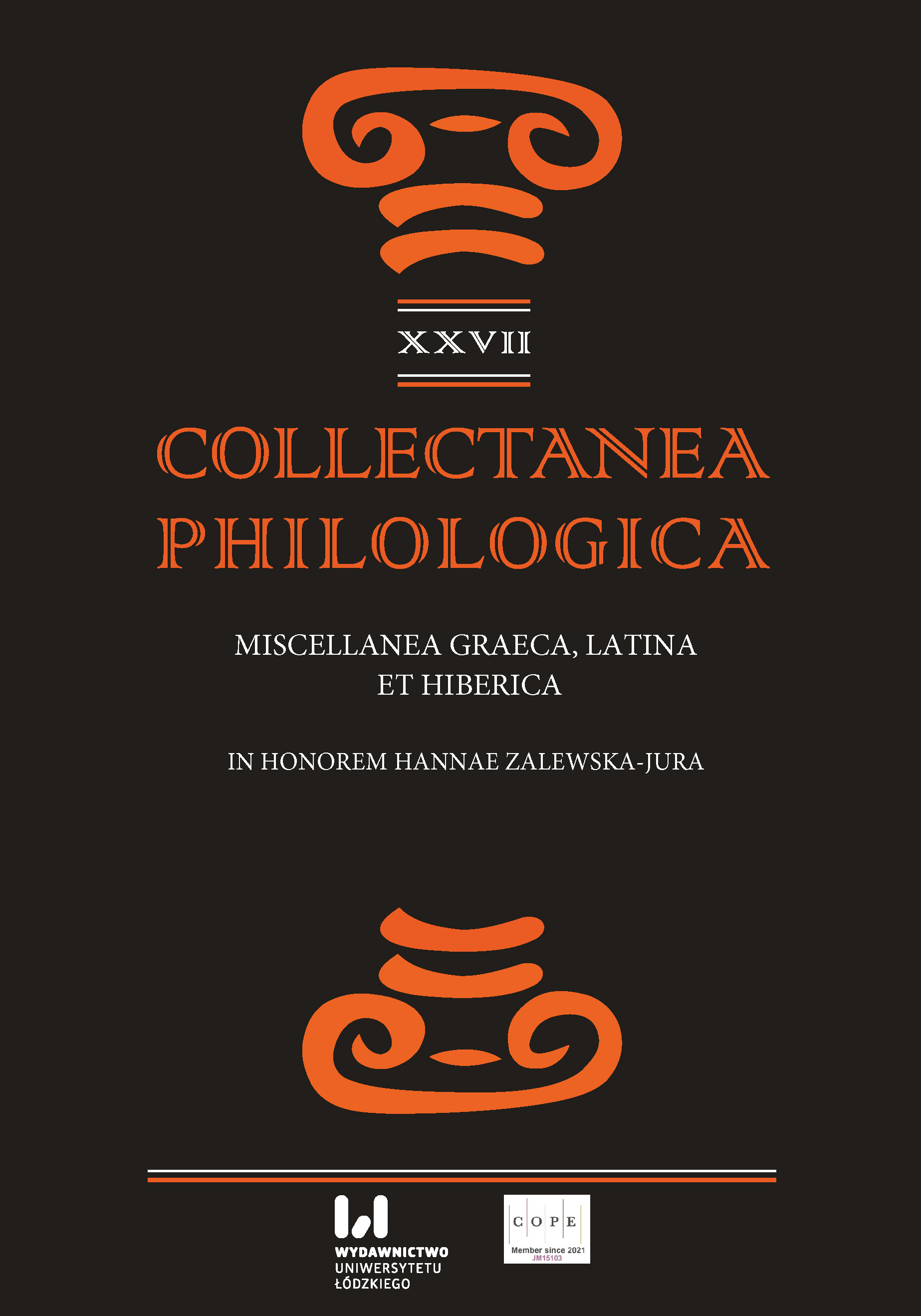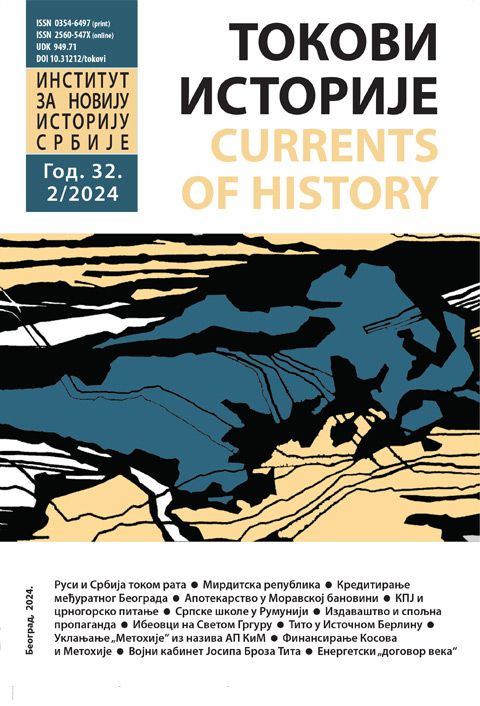Author(s): Ajdin Huseinspahić,Sedad Dedić / Language(s): Bosnian
Issue: 12/2024
Since the first mention, Bosnia, unlike its neighbors, has been a country with a specific development of state institutions and legal institutes. Its statehood is characterized by a unique politogenesis marked by state-legal and territorial-political continuity and specific geopolitical challenges, which can be traced back to the early European and South Slavic Middle Ages. Its uniqueness has been tried many times throughout history primarily by external factors (eastern and western neighbors) expressed through 'various forms of irredentism, hegemonism, centralism, federalism, fascism, etc. Although there is a wide range of external factors that, either independently or in cooperation with internal political factors, tried to destabilize Bosnia (since 1878, Bosnia and Herzegovina), in the paper we focused on the Great Croatian political course, whose goals are Bosnia and Herzegovina and known to the “good Bosniaks ” since the time of bans and kings, that all their cruelty would come to a special expression after the Austro-Hungarian occupation, that is, during the resolution of the Yugoslav issue. In this regard, we tried to open up and analyze the issue of Greater Croatia's hegemony and present its real intentions, often dressed in skillfully used diplomatic forms and phrases about the so-called the right to Croatian lands, the motherland, the constantly stressed threat of the “smallest” constituent people in Bosnia and Herzegovina, etc. In the paper, we analyzed the issue of Greater Croatia's hegemony and presented its real intentions, often disguised in skillfully used diplomatic forms and phrases about the so-called the right to Croatian lands, the mother-land, etc. When observing the above-mentioned question, we will focus on the period of Austro-Hungarian occupation, and by looking at the key issues of the first Yugoslav period, we will finish constructing a picture of the interference of Croatian politics in the internal affairs of Bosnia and Herzegovina. We emphasize that by analyzing the Greater Croatian policy and all forms of its implementation on the soil of Bosnia and Herzegovina, we are in no way talking about the Bosnian Croats as a people, nor about the Croats as a people in Croatia, but only and exclusively about the ideologies, political projects and programs that have been implemented throughout the centuries, and they are still being planned and implemented to the detriment of Bosnia and Herzegovina and all its citizens, above all the Bosnian Croats, who are alienated by such a policy from their homeland Bosnia and Herzegovina and from their roots in that country, to which the neighboring country Croatia never had nor has any what a right.
More...


